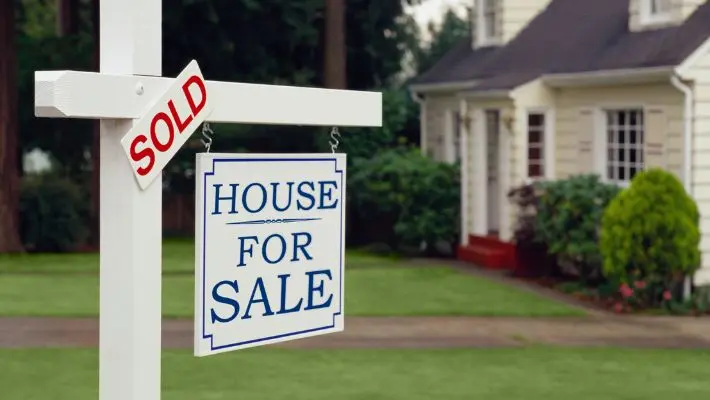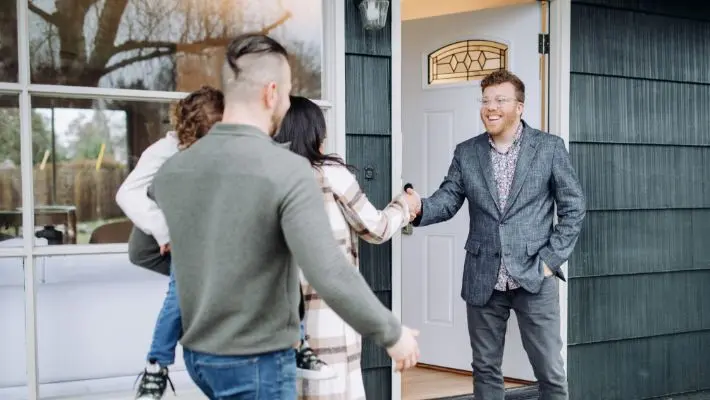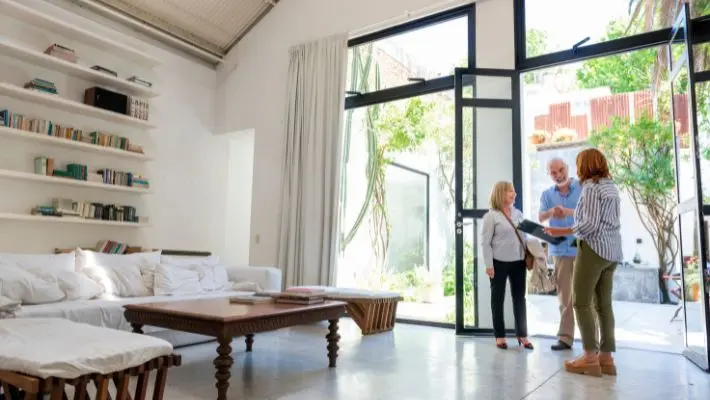
7 Things to Consider When Buying a Historic Home
Mortgage loans, maintenance costs, and insurance policies are three of the big considerations you need to make when buying an historic home.
Buying an historic home? These properties that have withstood the tests of time are beautiful with lots of personality, but there are some things you want to think about before buying an historic home.
Historic properties, or homes located within historic neighborhoods, introduce different challenges than other, newer properties.
7 Things to Think About When Buying an Historic Home
To help you make the best decision when purchasing an historic home, here is a list of seven critical concerns.
#1. It Might be More Difficult to Secure a Mortgage
Since historic homes are older properties, lenders typically view this property type as posing a higher risk compared to newer homes. Because of the perceived risk, it’s often more difficult to secure financing to buy a historic home.
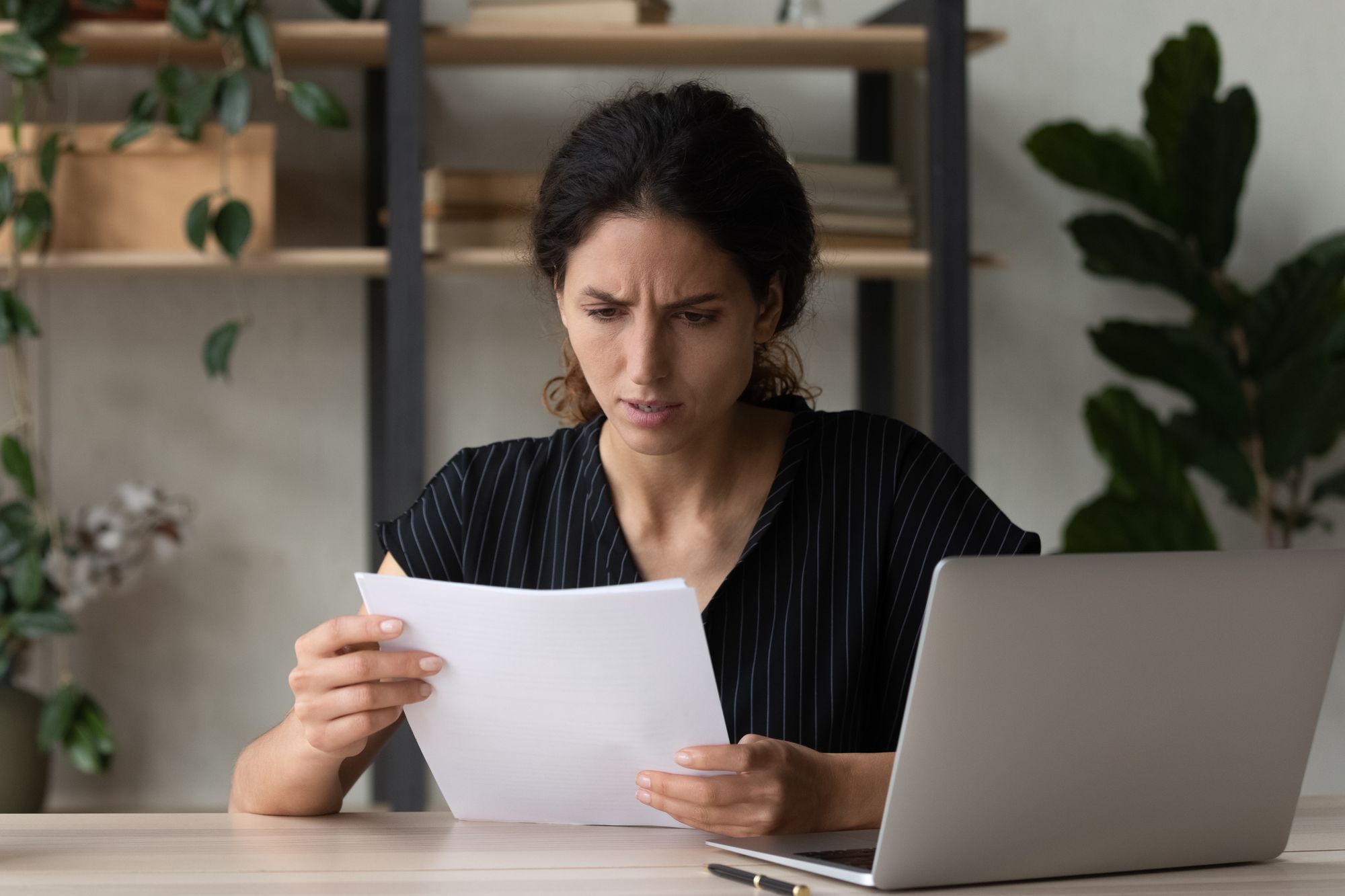
In some cases, lenders may not be willing to provide a mortgage for a historic home. Spend time shopping for lenders that would be open to investing in your historic home purchase. Don’t forget to compare the rates and fees that would be applied to your loan lender-to-lender.
Because of the financial barriers of buying an historic home, always start taking steps to secure your loan early. You’ll want to secure pre-approval and pre-qualification letters to include in any offers you make to sellers.
#2. Insurance Policies May be Difficult to Acquire
Some insurance providers may not be willing to offer homeowners insurance policies for historic homes. This is because completing a renovation or repair on a historic property can be more costly and more difficult compared to a newly-built single-family property.
The best bet is to work with an insurance company that specializes in providing coverage for historic homes. You may want to shop around for the best rates because these historic-focused insurance providers typically charge more than usual.
#3. Always Have the Property Inspected
While it’s essential to conduct a property inspection when buying any home, it’s especially critical when buying an historic home.
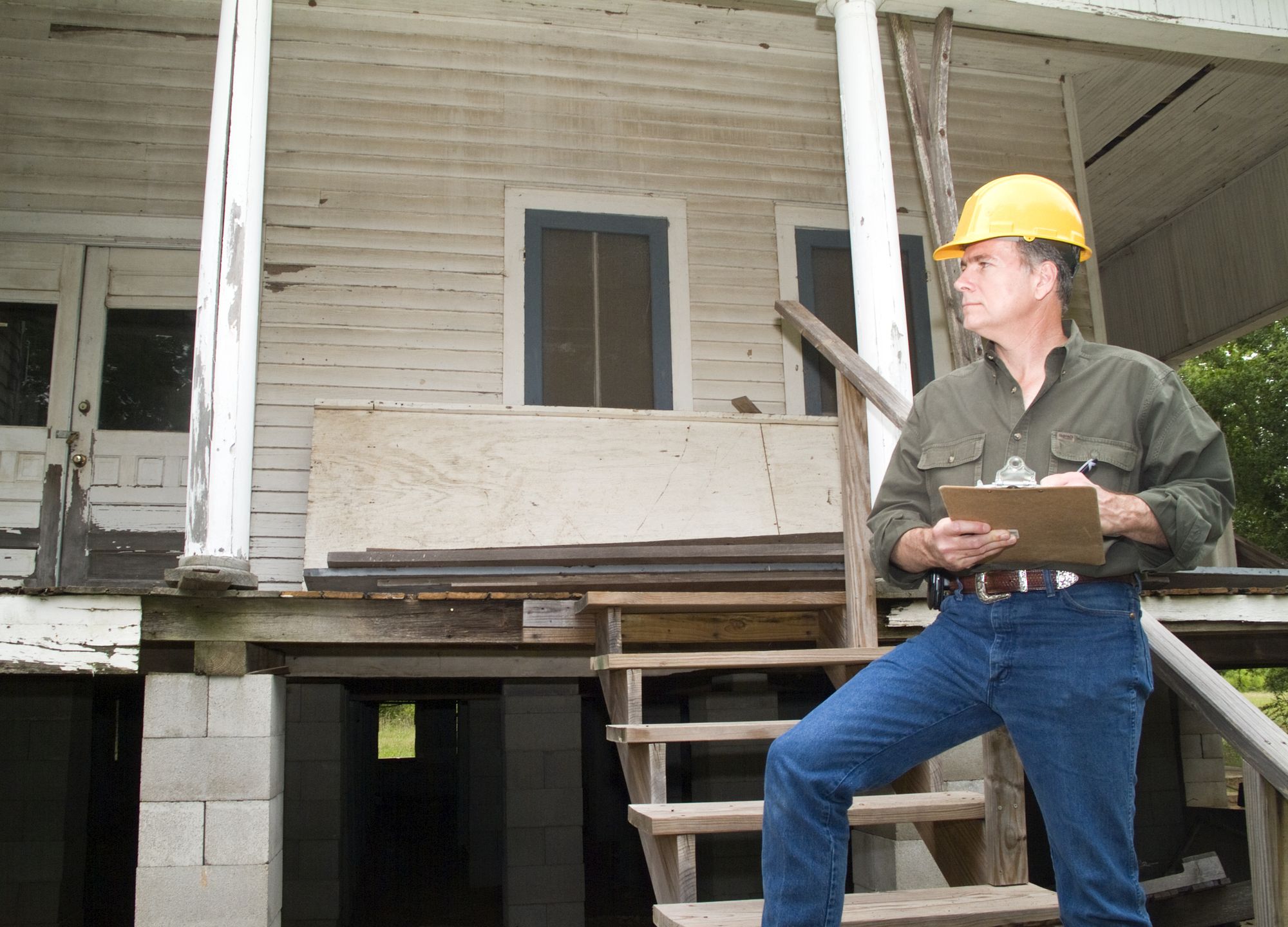
Since these properties are older, they would be more likely to have hidden issues or defects. To err on the side of caution, you may want to consider conducting multiple inspections that focus on specific issues, such as:
- System-specific inspections
- Mold inspection
- Pest inspections
A robust inspection process is critical for mitigating the financial risks associated with purchasing an historic home.
#4. Look into Renovation Regulations
Many historic districts have strict codes and rules for updating or making any changes to historic properties. Before you decide on which historic home you’d like to buy, make sure to do your due diligence to review the exact terms you’d have to follow as the homeowner.
#5. Consider the Costs of Maintenance
Maintaining a historic home is typically more expensive than newer homes. Since they’ve experienced more wear and tear over time, they may be more prone to issues compared to a property that was built recently.
Historic homes may also feature older systems that differ from the ones typically used for properties today. Similar to owning a vintage car, it may be more difficult to make repairs or source the parts you need to conduct the maintenance task. Due to historic preservation regulations, you may not be able to replace the older systems with new ones.
These considerations can make the maintenance of historic homeowners more complicated and costly.
#6. Utilities May Be More Expensive
Another important financial consideration to make when buying an historic home is the cost of monthly utilities. Since historic homes likely have older systems, the cost of utilities may be higher compared to properties with newer, eco-efficient systems.
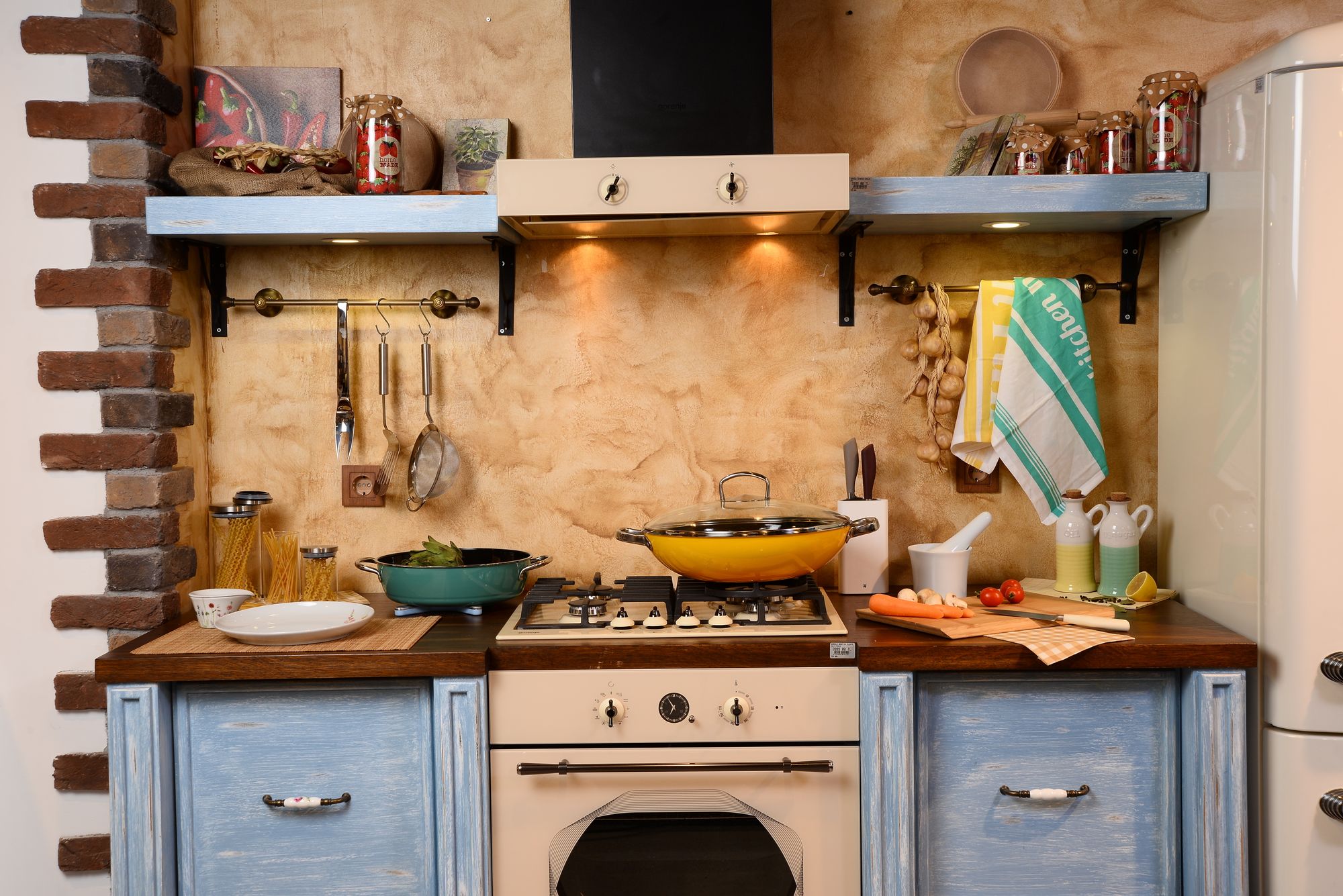
If you plan on buying an historic home, you may want to talk to the seller about how much the average utility bills were each month. This can help you get an idea about how much you would be spending on your home’s basic necessities like water, electricity, and gas when applicable.
#7. Hire an Agent with Experience Buying Historic Homes
When buying an historic home, you need an expert at your side. Always choose a top agent that specializes in assisting buyers with purchasing historic properties.
These agents will be aware of the nuances and subtleties of your local historic home market, enabling them to provide you with customized solutions, answers to your questions, and a strategic buying plan to help you find the right home.
In addition, agents whose niche is historic properties can help you avoid issues before they arise. Their insights and experience will allow them to engage in preemptive problem-solving.
RealEstateAgents.com can connect you with the most successful real estate agents in your target market that specialize in historic home transactions. If you’re ready to start finding your perfect agent, click here.
For more real estate insights and tips for buying a home, explore other articles published by RealEstateAgents.com.

